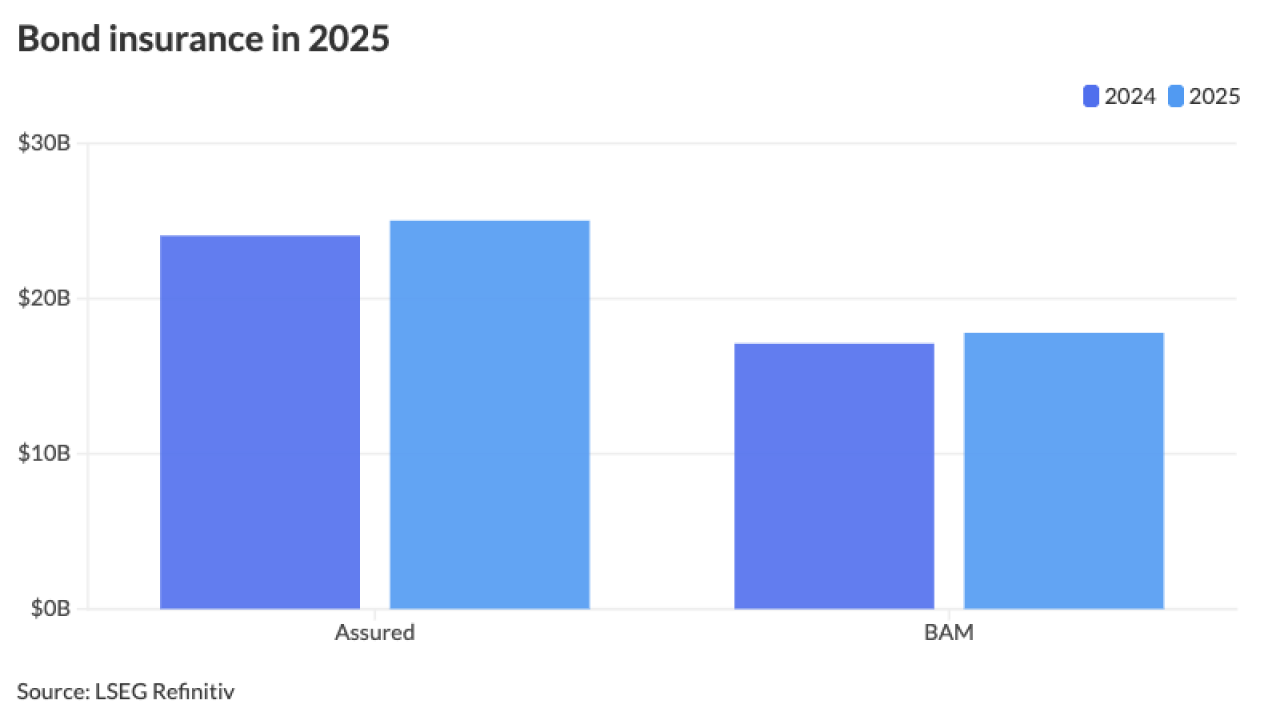State tax revenue collections have declined across the country for the seventh consecutive month, or when adjusted for inflation, the eleventh consecutive month, with total state tax revenues declining 6.7% in nominal terms and 9.4% in real terms for the month of June, when compared with a year prior.
That's according to data collected by the Urban Institute, which shows that state and local governments, coming off of years of heightened revenue from COVID-19 stimulus as well as other sources, are beginning to see major drops in revenue this year that will continue next year.
"Although state revenue collections saw robust growth in fiscal year 2022 and reported revenue growth was widespread across states and among various revenue sources, overall state revenue collections weakened substantially in fiscal year 2023," Urban wrote. "While states had largely forecasted continued growth in revenue for fiscal year 2023, recent forecasts have lowered or even reversed expectations of revenue growth for fiscal year 2023 as well as for fiscal year 2024."

The big hit in state revenues is due to a number of factors, including ongoing geopolitical crises, inflation, volatility in the stock market and oil prices, federal monetary policy, banking turmoil, changes in consumer spending behaviors, and natural calamities, among other factors, the report said.
But some of the losses can be chalked up to the decisions of local officials, as tax cuts enacted over the last two years added significantly to the drops in revenue, with 2023 alone representing $16.2 billion in total tax cuts and the largest nominal reduction in revenues on record.
"States that opted for permanent reductions in tax rates are poised to encounter fiscal hurdles," the report said. "The significant surpluses amassed throughout the fiscal years 2021 and 2022 are pivotal in navigating the transition to decelerating growth. But those resources will soon run out, forcing states to again grapple with the need for raising more revenues or enacting spending cuts in the years ahead."
Data shows that 35 of the 48 states (New Mexico and Wyoming not included) that reported information saw declines in June, with the year over year decline in the median state was 1.1% in nominal terms and 4% in real terms. June also saw personal income taxes decline by 20.5% and corporate income taxes decline by 10.9%, with sales tax revenues increasing by less than 0.1%, all adjusted for inflation.
But in nominal terms, sales tax revenue in June saw growth for all states, but 23 of them reported declines when adjusted for inflation, despite there being no double digit declines.
"The weakness in sales tax revenues is attributable to shifting consumer patterns away from taxable goods as well as to weaker overall consumption," the report said.
Alaska was the only state that reported double digit growth in June 2023, with 19 states reporting declines in nominal tax revenues and 41 states reporting declines in inflation-adjusted terms.
"Economic challenges lie ahead due to factors like increased inflation, financial market volatility, rising interest rates, and a decline in housing prices," the report said. "This could ripple into weakened economic activity, further straining state tax revenue collections in the upcoming months. The exceptional budget surpluses witnessed in fiscal years 2021 and 2022 are unlikely to recur."





